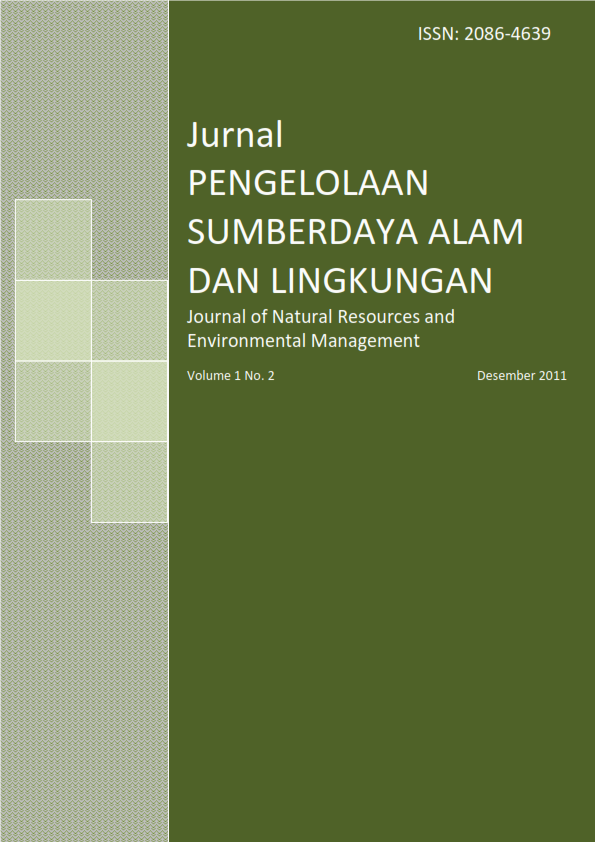Abstract
Rawa Pening is an ecological system which plays an important social role for surrounding residents. Human activities which exploited it initiate crisis of fishery natural resources. Rawa Pening management could not ignore involvement of stakeholders if it is expected to be sustained. However, existing imbalance distribution of role among stakeholders, namely government and community directly depended on Rawa Pening has directed to unresolved conflicting situation and degradation of the resource. This research is intended to formulate strategic policy in managing lake based on co-management. Co-management sample determinated by purposive sampling method in four villages around Rawa Pening Lake. Analisys of the data includes stakeholders analysis, interpretative structural modelling, and co-management analysis. The research results confirm that community directly depended on the resource is the key stakeholders although they have insignificant influence on policy development and management. Co-management institution for managing the lake can be developed in order to empower community and enhance their role in managing lake’s resources.
Key words: lake, stakeholders, co-management
Authors
Authors who publish with this journal agree to the following terms:
- Authors retain copyright and grant the journal right of first publication with the work simultaneously licensed under a Creative Commons Attribution License that allows others to share the work with an acknowledgement of the work's authorship and initial publication in this journal.
- Authors are able to enter into separate, additional contractual arrangements for the non-exclusive distribution of the journal's published version of the work (e.g., post it to an institutional repository or publish it in a book), with an acknowledgement of its initial publication in this journal.
- Authors are permitted and encouraged to post their work online (e.g., in institutional repositories or on their website) prior to and during the submission process, as it can lead to productive exchanges, as well as earlier and greater citation of published work (See The Effect of Open Access).






